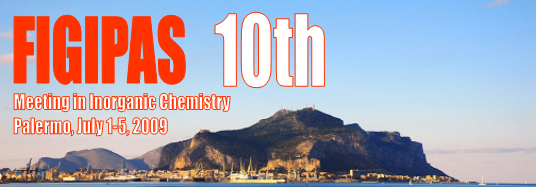 Research strategy and research topics - Mario Pagliaro's Research
Group
Research strategy and research topics - Mario Pagliaro's Research
Group
qualitas1998.net  Research strategy and research topics - Mario Pagliaro's Research
Group
Research strategy and research topics - Mario Pagliaro's Research
Group |

The applications include biomass to chemicals and finding new heterogeneous catalytic and photocatalytic routes to a variety of valued products including fine chemicals, hydrogen from water, fuels from water and carbon dioxide. Sustainable chemistry also means new, environmentally friendly coatings to protect surfaces in different environments; as well as developing new chemistry for use of clean solvents such as water, glycerol carbonate and supercritical CO2.
We also develop new curing agents for massively utilized polymers such as polyurethane foams or polyester resins.
Our approach to utilize molecules for technological applications is via structural organization in a solid state sol-gel framework. Molecules are modified into advanced materials by integration into a structural matrix that retains rigidity and stability while providing a technologically feasible functional material suitable for device applications.
Application of our materials and chemical methods has resulted in
devices and processes of great workability and practical utility.
Based on this approach, we have been able to design new materials
with applications in areas such as catalysis, controlled
release systems, analytical sensing, and surface protection.
In general, these materials -- whose book
on the topic written by us has been called "reference
reading material alongside Iler and Brinker" -- are prepared
using organic as well as inorganic synthesis methods and characterized
using physical methods such as optical absorption spectroscopy,
vibrational spectroscopy, X-ray methods, electrochemical methods, and
electron microscopes.
Another topic os our research is glycerol
new chemistry, namely new usages and conversion processes into value
added products of mass consumption of this interesting molecule
by-product of global biodiesel manufacturing.
Back to the Homepage